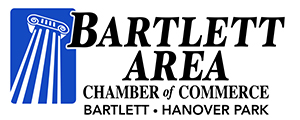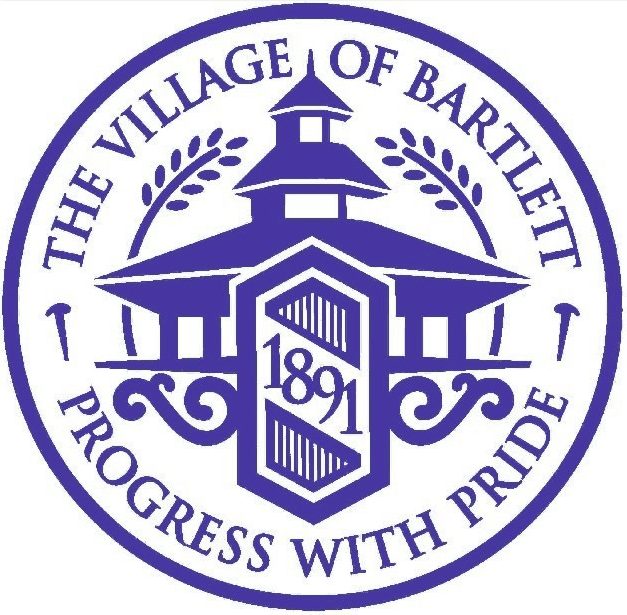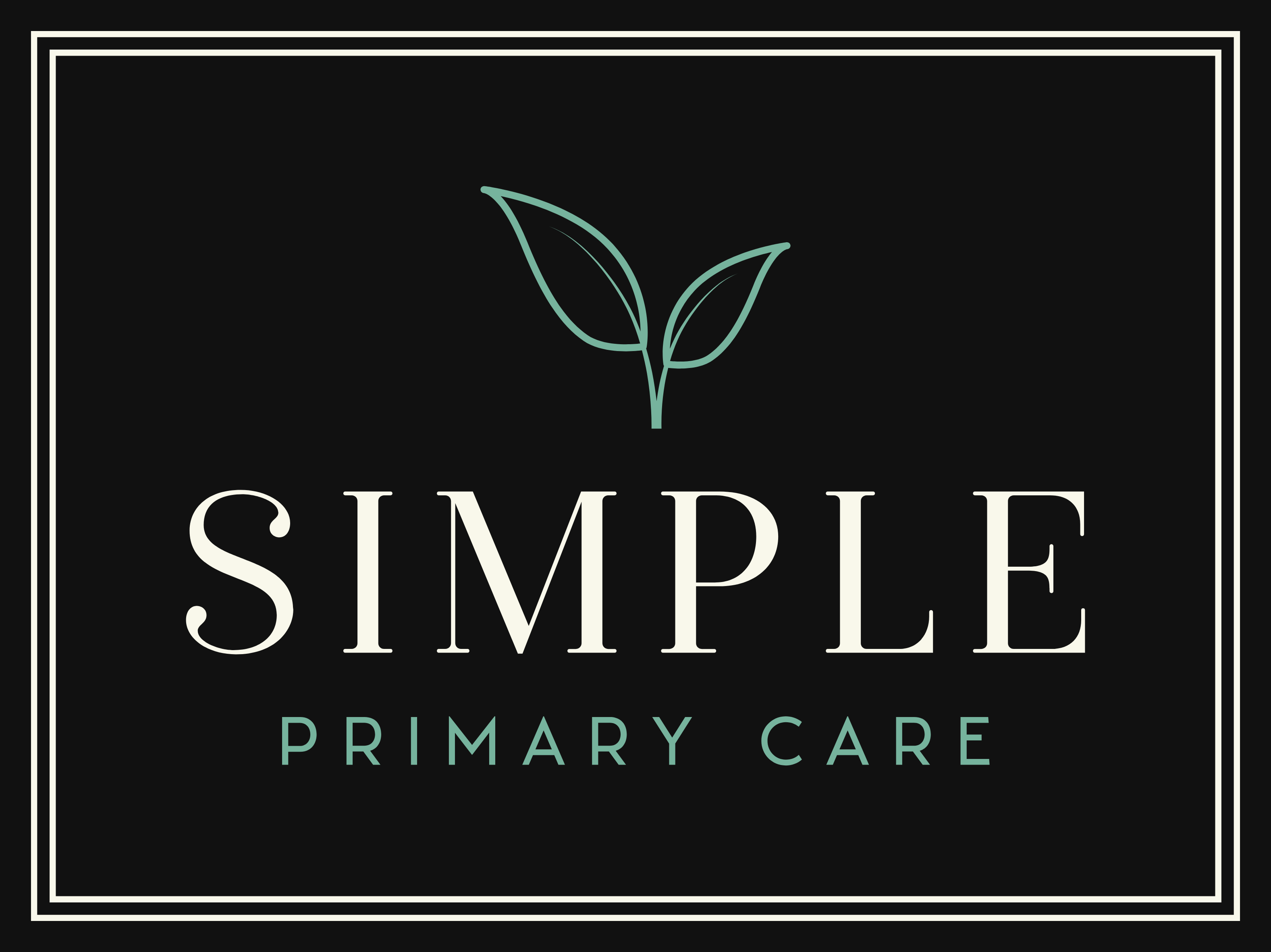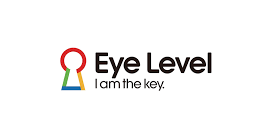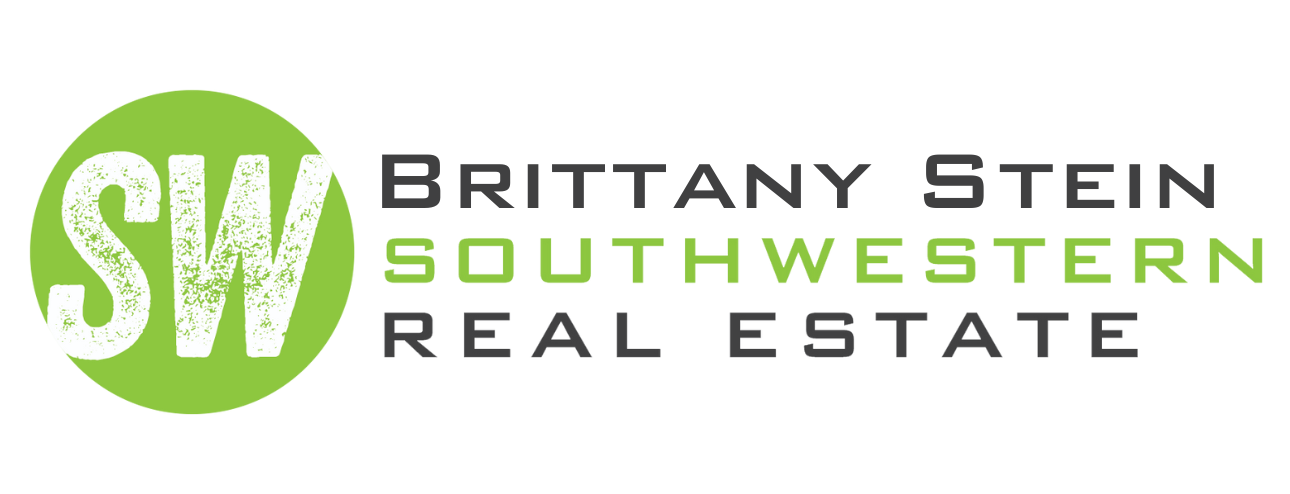Entrepreneurs Can Use This Comprehensive Guide to Set Up a Business
Setting up a business requires quite a bit of planning, and some elements are more fun to work on than others. Finding funding, figuring out accounting practices and marketing strategies, and making sure you have a solid plan for payroll are just a few of the tasks you’ll need to complete for your new business, and while they might be tedious, they are all crucial to your success. The key to getting through it without becoming overwhelmed is to start with the right tools and garner support from other professionals.
Here are some helpful hints on how to set up your business without stress:
Secure funding
Every business needs help getting up off the ground, so it’s important to consider how much funding you’ll need in the very beginning. Take into account things like renting an office or retail space, paying for utilities, creating and evaluating your products, securing permits and licenses, creating marketing, and covering the cost of packaging and creating a brand. Once you have the numbers crunched, research your financial options, including crowdfunding, finding investors, applying for loans, and applying for grants. In some cases, you may be able to take advantage of more than one of these options.
Protect your finances
Another task on the financial end of things is to figure out how to make sure your accounting practices are secure, reliable, and accessible. This means getting organized from the get-go and storing receipts and invoices, as well as keeping track of cash flow so you always know where your money is. The right business accounting software will keep your information safe while ensuring that you have access to the most amount of tax deductions possible, and it will also keep your business compliant so you never have to worry about issues with the IRS.
You’ll also need to set up an EIN, or Employer Identification Number, in order to open a payroll checking account for your employees. If you choose to handle payroll yourself, you’ll need to ensure that you have all the right tax forms on hand for employees to fill out, plus a payment schedule – for instance, weekly or bi-weekly, which may be determined by your state – and creating a payroll register. You’ll also need to figure out what type of payroll software you’ll be using.
Build your brand
Once you have the financial details nailed down, you can focus on a task that’s a bit more fun: creating a brand identity. While this part can take some time, it’s often a chance for entrepreneurs to flex their creativity in order to make a logo, slogan, and other branding choices. The tough part comes in when it’s time to make sure your designs aren’t too close to another business’s and that customers will respond well to your ideas. How do you create an informative and memorable logo that also looks good? The good news is if you’re unsure of where to start, you might hire a graphic designer who can help with the process. You can also look for an online logo creator that will allow you to customize a template, which is an easy way to get started.
Plan your marketing strategy
Right alongside building a brand is figuring out a marketing strategy that works for your needs. Once you’ve created an identity that tells customers who you are and what you do, it’s time to think about how you’ll get your products and services to them. Which channels will you use to deliver quality goods and build a wide audience? Start by considering your marketing budget, as this will heavily inform your decisions. Online marketing is almost essential for business owners these days, and while it’s pretty cost-effective, it can also be time consuming to nail down social media algorithms and create email strategies that really work. Consider utilizing the services of a marketing agency to get started, and look for data analytics resources that will tell you everything you need to know about how your business is being received online.
Consider which business structure makes the most sense
Once you’re armed with solid plans for funding, employees, and marketing, you can think about what type of legal structure makes the most sense for your business. This decision includes factors such as the state you’re located in, whether you’ll have investors or partners, and the type of business you’re in, so it’s important to do some research and make sure you understand your options and legal responsibilities.
The most common structures for small businesses are an LLC, corporation, and sole proprietorship, and all come with different benefits and tax requirements. Many entrepreneurs opt for an LLC in Illinois, since it’s simple to set up but offers asset protection for personal items, including your home and car. If you’re interested in reduced self-employment taxes and the option of pass-through taxation, you should look into the benefits of starting an S corporation in Illinois.
Getting your business up and running will take some time, so give yourself plenty of leeway in the beginning as you’re working out the right steps. Not only will this ensure that nothing is overlooked, but it will also alleviate stress throughout the process.
Membership in the Bartlett Area Chamber of Commerce offers numerous networking opportunities along with other valuable resources. Join us today!
Photo via Pexels